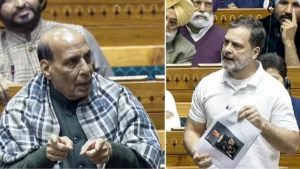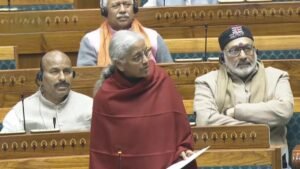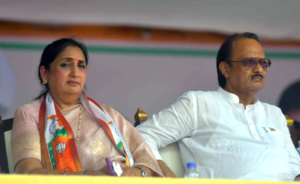The controversy has ignited fresh political tensions across India’s educational landscape. The opposition party Congress launched sharp criticism against the ruling government regarding Central Bureau of Investigation cases targeting the Pharmacy Council of India and the National Medical Commission.
Congress leaders argue these investigations could severely impact student futures nationwide. The party claims government actions might disrupt educational processes affecting thousands of aspiring medical professionals seeking career opportunities.
Understanding the Medical Education Regulatory Framework
These regulatory bodies serve vital roles within India’s educational infrastructure. The National Medical Commission oversees medical education standards while ensuring quality across institutions. Similarly, the Pharmacy Council of India regulates pharmaceutical education maintaining professional standards throughout the sector.
Both organizations handle crucial responsibilities including curriculum development, examination processes, and professional certification requirements. Their operations directly influence educational outcomes for countless students pursuing medical careers annually.
Congress Party’s Core Concerns and Allegations
Opposition leaders express serious concerns about investigation timing and potential consequences. They argue these cases could create uncertainty within educational institutions causing widespread disruption among student communities.
The party particularly worries about examination schedules and admission processes potentially facing delays. Congress spokesperson emphasized how such investigations might affect:
- Student admission procedures across medical colleges
- Examination scheduling and result declarations nationwide
- Professional certification processes for graduating students
- Overall confidence levels within educational institutions
Government’s Response and Justification
Central authorities defend their investigative approach citing transparency and accountability requirements. Officials argue proper oversight ensures educational standards remain intact while protecting student interests effectively.
The government maintains these investigations target institutional irregularities rather than disrupting educational processes. Authorities claim their actions actually serve student welfare by ensuring regulatory compliance across medical education sectors.
Impact on Student Communities Nationwide
Students across India watch these developments with growing concern about their academic futures. Many worry about potential delays affecting their professional timelines and career planning strategies.
Educational institutions also face uncertainty regarding operational guidelines and regulatory compliance requirements. College administrators express concerns about maintaining normal academic schedules while investigations proceed.
Broader Educational Policy Implications
This controversy highlights larger questions about educational governance and regulatory oversight mechanisms. Critics argue political interference could undermine institutional autonomy within India’s educational framework.
The debate also raises concerns about balancing accountability requirements with educational continuity needs. Stakeholders question whether investigation methods adequately consider student welfare during regulatory processes.
Historical Context of Medical Education Reforms
India’s medical education sector has witnessed significant reforms over recent years. The National Medical Commission replaced the Medical Council of India following various governance concerns and reform recommendations.
These changes aimed to improve educational standards while ensuring better regulatory oversight across medical institutions. However, ongoing investigations now raise questions about implementation effectiveness and regulatory stability.
Student Organizations and Professional Bodies React
Various student organizations have expressed anxiety about these developments affecting their academic pursuits. Medical student associations particularly worry about examination processes and professional certification timelines.
Professional medical bodies also voice concerns about regulatory uncertainty potentially affecting practice standards. They emphasize the importance of maintaining educational continuity while ensuring proper oversight mechanisms.
Future Outlook and Resolution Prospects
Political analysts suggest this controversy could influence broader educational policy discussions. The resolution approach might establish precedents for handling similar regulatory investigations across educational sectors.
Both parties must balance accountability requirements with educational stability needs. Students deserve clear information about how these investigations might affect their academic timelines and professional prospects.
Conclusion: Balancing Accountability and Educational Continuity
The ongoing debate reflects deeper tensions between regulatory oversight and educational stability requirements. While accountability remains crucial for maintaining educational standards, student welfare must remain the primary consideration.
The resolution requires collaborative approaches, ensuring investigations proceed without disrupting essential educational processes. Both government authorities and opposition parties share responsibility for protecting student interests while maintaining institutional integrity.
The controversy ultimately underscores the need for transparent, student-centered approaches to educational governance. Future policies must balance regulatory requirements with educational continuity ensuring students receive quality education without unnecessary disruptions.








Be First to Comment